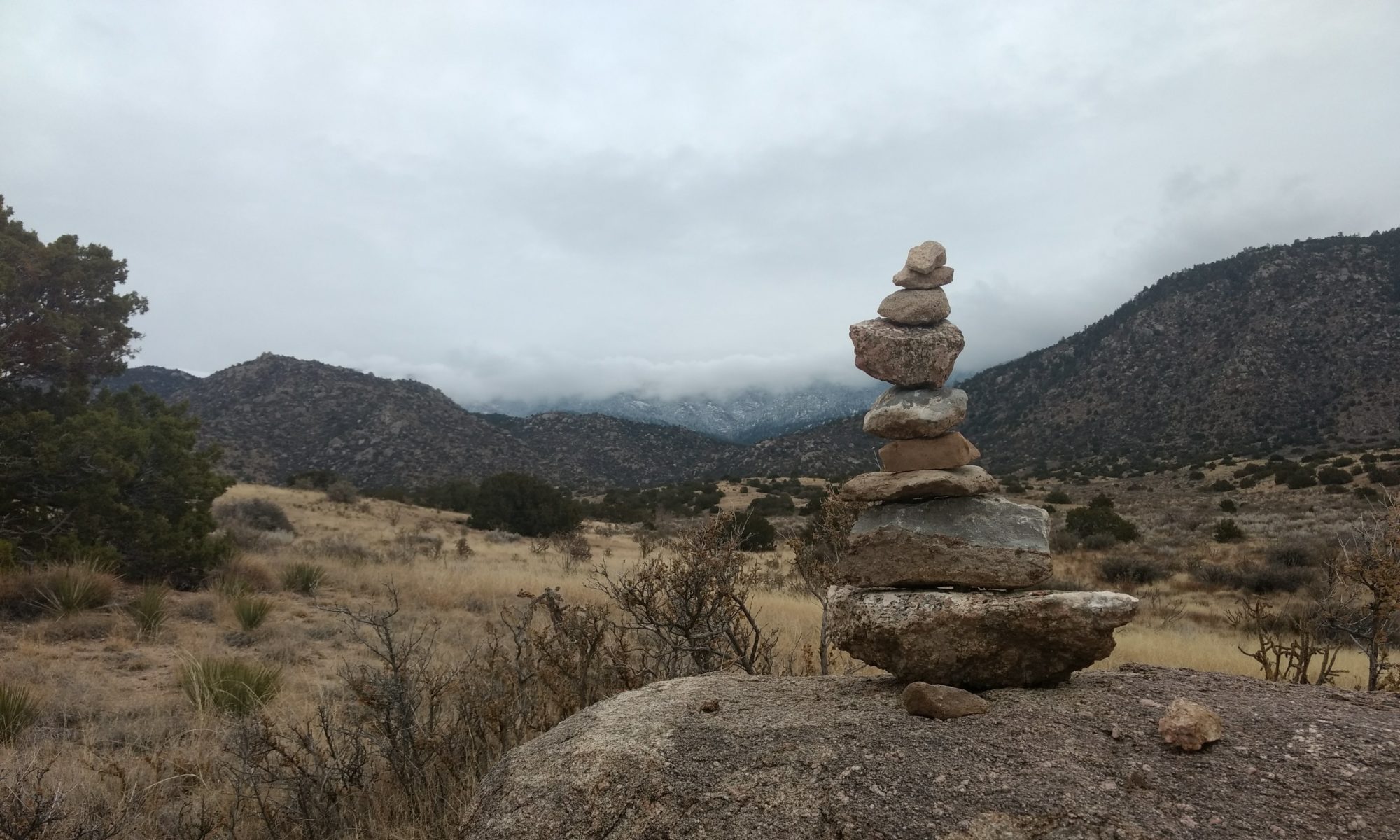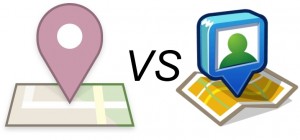We need to think about the web as an interwoven fabric of three layers. First, the conventional web (or as I define it the ‘compute web’), what we define it today as 2.0, constitutes the cloud computing paradigm allowing execution of instructions across a distributed network infrastructure. The web moves, processes and computes. This delivers services like Twitter, Gmail and Google docs, and Wolfram Alpha. They are build on hardware managed by Amazon, Rackspace, Google etc. It is the web build for machines to read and interact with so as to facilitate the computation necessary for us (humans) to interact among ourselves. Confusing as that may be it is simply the many connected resources of the web utilized to crunch numbers, execute instructions and deliver services.
Next is the web of context. This is a result of interaction among human actors that is the essences of human communication. Sharing, debating and forming connections around topics, trends and norms. The very definition of a tribe. This is the ‘social web’. All the data that exist and that the ‘compute web’ uses to present information now requires human context and curation. The idea of curating what the compute web gives us is the next nut to crack in human to computer interaction. The ‘social web’ is the human element of this interwoven web fabric.
The last piece that makes up the fabric of the web is the ‘spatial web’. it is the extension of the context web, but brings a piece of the real-world to web. After data is computed and curated there requires additional context to give information a 3rd dimension.
Imagine a social network that allowed you (with complete control) to broadcast all your objective data, subjective thoughts, and spatial context. I take a picture of my house with the associated metadata of GPS location, any associated address and other locations nearby (like the Walmart up the road). With that information we correlate that with weather conditions at that spot where the image was captured. Go even farther and say that the device I took the picture with has a built-in weather station in it that instantly collects weather data as the picture is captured. Correlate that with information with friends and family who are nearby. What you get is a truly social tool that can capture a moment in time with total spatial and contextual awareness. I think in time people will want to share that. On a new, hip cutting social network? Maybe? But the spatially, contextual aware social network of the future is coming in one form or another. The ability to capture every data point in ones life every second of the day would be compelling to some. I know it sounds a bit like ‘Big Brother’, but I feel that is simply our generation. Young folks half my age have not shame in being total exhibitionist.
This idea manifested itself while listening to an episode of Fourcast on the TWiT Network with Read Write Web’s David Kirkpatrick. Fast forward to the 12 minute mark and you’ll hear a fascinating back and forth on this subject. This jibes well with my dataspaces concept, because all this data needs to be stored somewhere and owned by you. I encourage you to read up on the Locker Project or try out the service Greplin and you’ll begin to conceptualize what a mean and why the Dataspace is pivotal to the next evolution of the web.



